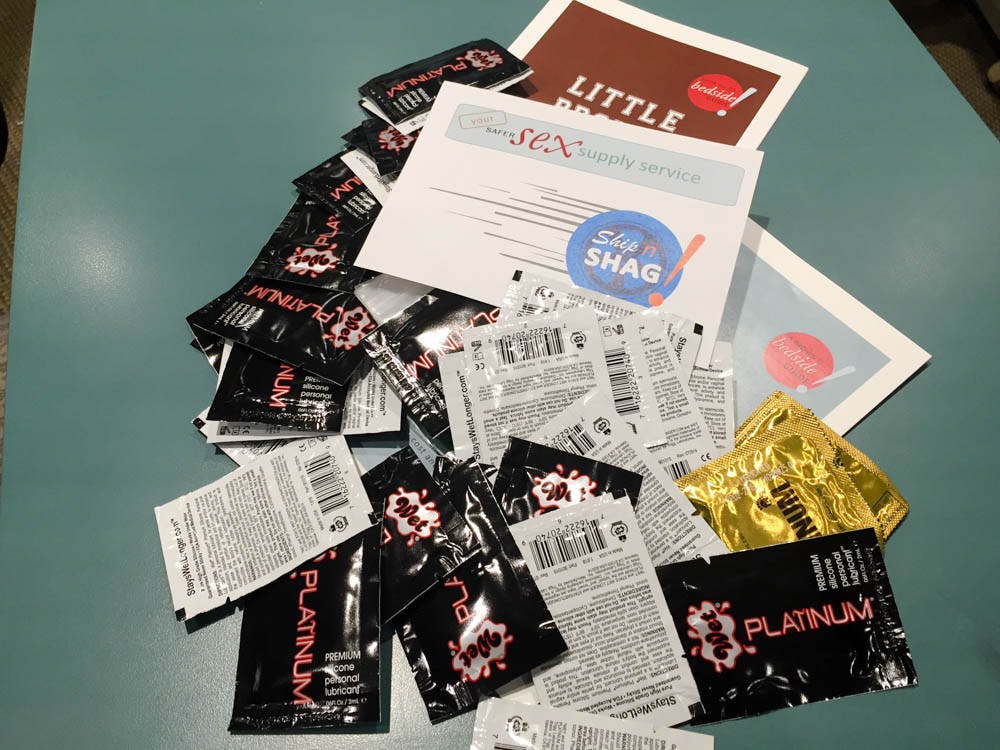“Hooking up with a professor during office hours. Using handcuffs during sex. Having partners of a particular race or ethnicity. Using urine or feces during sex. Pretending to be a little kid and calling (your) partner mommy or daddy. Having sex in the SciLi.”
These were among the sexual fantasies that audience members were asked to react to at Sexual Health Awareness Group’s “Real Life or Just Fantasy” workshop Tuesday. “Our programming seeks to not only normalize the broad range of sexual development that exists among the student body, but also to challenge norms that are commonly ascribed to sexuality,” wrote Alexandra Sepolen ’16, SHAG coordinator, in an email to The Herald.
Facilitators included SHAG members Deborah Pomeranz ’18 and Helen Denisenko ’18, who endeavored to destigmatize fantasies, explore complications and discuss how to pursue fantasies in real life. The workshop started with an overview of the terms: fantasy, fetish and kink.
By defining fantasy as “an imagined scenario or act that evokes sexual or erotic feelings that one may want to pursue or not,” the event emphasized that one should not be ashamed for having them. “You are not immoral or unhealthy because you have a fantasy in your head. As long as exploration is done consensually and isn’t harming anyone, then you’re okay,” Denisenko said.
Comedy Central’s Key and Peele video “Sex with Black Guys” was shown to introduce when fantasies are complicated by power dynamics and identity-based fetishization. While the clip elicited laughter, it was also used as a reminder to be mindful of one’s fantasies. The video depicted the varying reactions of two African-American men as they overhear two white women speculate about what it is like to sleep with a black man. It brought up the point that identity-based fetishization attraction is harmful because it reduces people to a single identity and objectifies them.
The facilitators also emphasized the importance of being intentional and introspective about your fantasies and real-life sexual encounters.
The workshop then shifted to practical questions such as “How do you bring up a fantasy to partners?” and “How can you communicate with your partner and get consent?” It emphasized the need for communication and consent in relationships. To answer the latter question, the facilitators discussed honesty and safe words — words that any partner can use at any time to stop the encounter. “Consent is crucial, but pleasure matters, too,” was written in the workshop’s PowerPoint presentation.
Charlotte May ’17 said the workshop gave her useful information on how to approach the subject. “I think it was definitely an important conversation to have because sexual fantasy has become an important part of our culture, but it hasn’t been talked about openly,” she said.
Aaron Mayer ’18 was more ambivalent to the usefulness of the information the workshop presented, he said, adding that while he was “relatively comfortable” with the information already, it was important for it to be reinforced.





